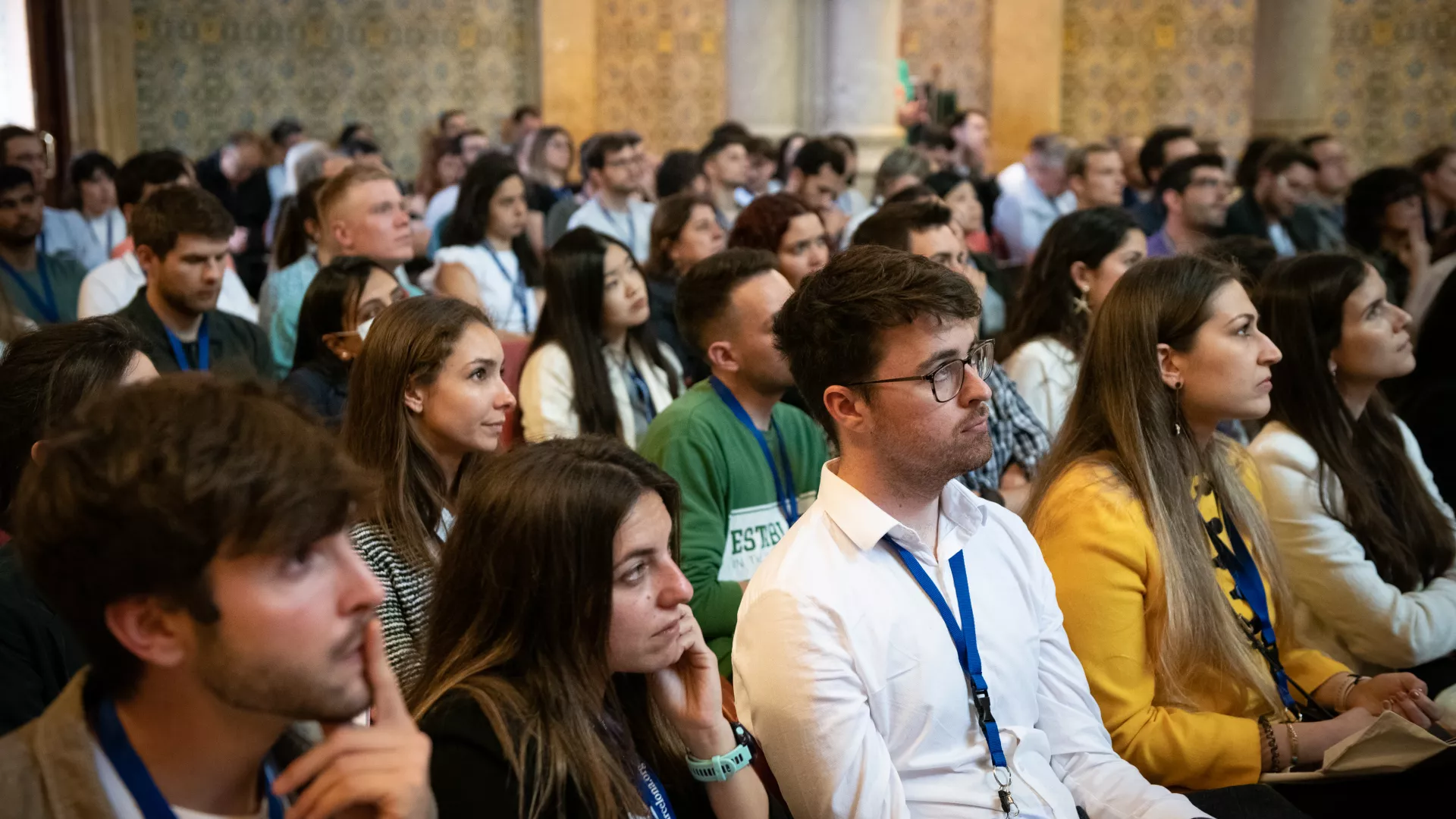Speaker: Thomas Langer, PhD - Max Planck Institute for Biology of Ageing - Cologne - Germany
Presentation
Organizers: IRB Barcelona
Date: Friday, 17th January 2020, 12.00h
Place: Felix Serratosa Hall, Parc Cientific de Barcelona
Host: Antonio Zorzano, PhD., Group Leader, IRB Barcelona, Aging & Metabolism Programme.
Abstract:
Mitochondria are central metabolic hubs whose structure and function dynamically adapt to changing metabolic demands and environmental challenges. Metabolic reprogramming of mitochondria occurs during development, cell differentiation, in ageing and disease and is coupled to changes in mitochondrial mass and shape. Similarly, stress conditions and altered metabolic cues induce mitochondrial adaptations, altering proteostasis and lipid homeostasis of mitochondria. Proteases residing in mitochondria are emerging as central regulators of these adaptive responses. The i-AAA protease YME1L regulates mitochondrial biogenesis, morphology and metabolism. In response to hypoxia or nutrient starvation, inhibition of mTORC1 induces a LIPIN1-dependent lipid signaling cascade causing YME1L activation and proteolytic rewiring of mitochondria. While tissue-specific loss of YME1L causes mitochondrial fragmentation and is associated with heart failure and neurodegeneration in mice, YME1L activation promotes growth of pancreatic ductal adenocarcinoma cells, pointing to a critical role of mitochondrial plasticity for solid tumor growth.
BioMed Seminar

